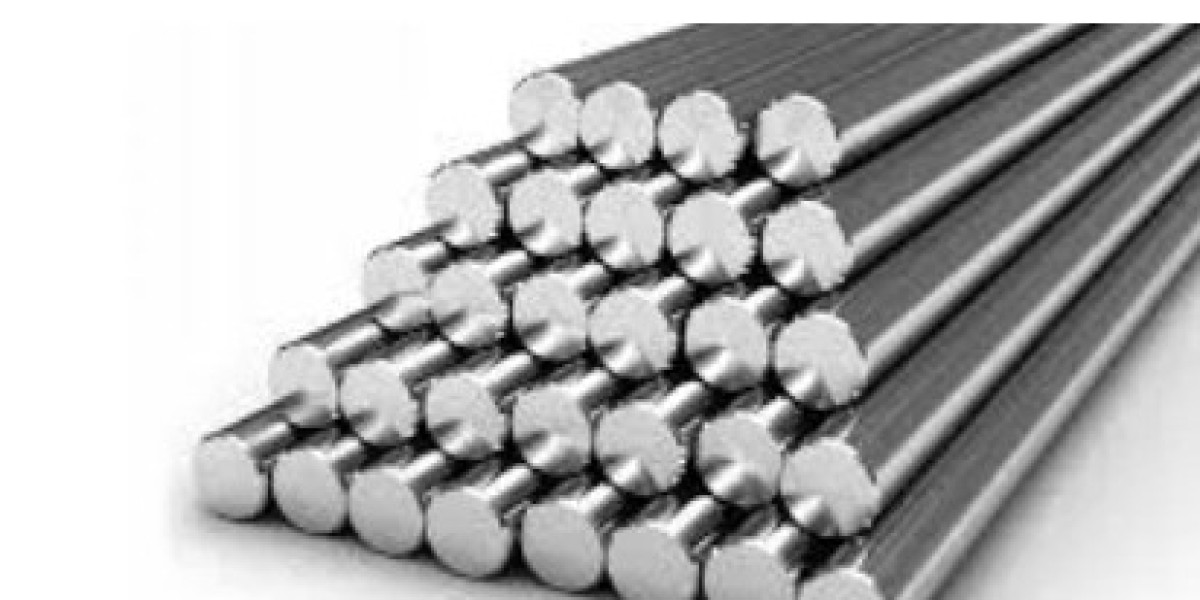High-temperature alloys, also known as superalloys, are advanced materials designed to withstand extreme temperatures and harsh environments. These alloys possess exceptional mechanical strength, corrosion resistance, and thermal stability, making them indispensable in various industries. In this article, we will delve into the versatility of high-temperature alloys, exploring their applications and the benefits they offer in demanding environments.

Applications of High-Temperature Alloys
1.Aerospace Industry:
The aerospace industry heavily relies on high-temperature alloys due to their exceptional performance at elevated temperatures. These alloys are used in the production of gas turbines, jet engines, and aircraft structural components. High-temperature alloys provide excellent creep resistance, allowing them to withstand extreme temperatures and pressures encountered during flight. Moreover, their corrosion resistance properties make them suitable for use in aggressive environments, such as aircraft engine exhaust systems.
2.Power Generation:
High-temperature alloys play a crucial role in the power generation sector, particularly in gas and steam turbine applications. These alloys can withstand the high temperatures and pressures generated in power plants, ensuring optimum performance and efficiency. High-temperature alloys are used in components such as turbine blades, vanes, combustors, and heat exchangers. Their ability to maintain strength and resist corrosion at elevated temperatures enhances the reliability and longevity of power generation equipment.
3.Oil and Gas Industry:
In the oil and gas industry, high-temperature alloys are indispensable for exploration, drilling, and production operations. These alloys are used in downhole tools, valves, and pipes that are exposed to extreme temperatures, high pressures, and corrosive environments. High-temperature alloys provide the necessary strength and corrosion resistance to withstand the harsh conditions encountered in oil and gas wells. Moreover, their resistance to sulfide stress cracking and hydrogen embrittlement makes them highly suitable for sour gas applications.
4.Chemical Processing:
High-temperature alloys find extensive use in the chemical processing industry, where they are exposed to aggressive chemicals, high temperatures, and corrosive atmospheres. These alloys are employed in reactors, heat exchangers, and piping systems, ensuring the integrity and longevity of equipment in chemical plants. High-temperature alloys offer excellent resistance to corrosion and oxidation, even in highly corrosive environments, making them ideal for handling various chemicals and acidic solutions.
5.Automotive and Racing:
High-temperature alloys are increasingly utilized in the automotive and racing industries due to their exceptional strength, heat resistance, and lightweight properties. These alloys are used in exhaust systems, turbochargers, and engine components that are subjected to high temperatures and mechanical stress. High-temperature alloys help improve engine performance, enhance fuel efficiency, and reduce emissions by withstanding the extreme conditions generated by combustion processes.
6.Nuclear Energy:
High-temperature alloys play a critical role in nuclear energy applications, where materials must withstand extreme temperatures and radiation exposure. These alloys are used in the construction of nuclear reactors, fuel cladding, and control rod components. High-temperature alloys provide excellent resistance to radiation damage, corrosion, and high-temperature oxidation, ensuring the safety and reliability of nuclear power plants.

Benefits of High-Temperature Alloys
a. Enhanced Strength and Durability: High-temperature alloys possess exceptional mechanical strength and durability, allowing them to maintain their integrity even at elevated temperatures. This property ensures the longevity and reliability of components in demanding applications.
b. Resistance to Corrosion and Oxidation: High-temperature alloys offer excellent resistance to corrosion, oxidation, and degradation in aggressive environments. This characteristic makes them highly suitable for use in industries where exposure to corrosive substances or high-temperature atmospheres is common.
c. Thermal Stability: High-temperature alloys exhibit remarkable thermal stability, allowing them to retain their mechanical properties even under extreme temperature variations. This stability ensures consistent performance and minimizes the risk of failures in high-temperature applications.
d. Compatibility with Harsh Environments: High-temperature alloys are designed to withstand harsh environments, such as high pressures, aggressive chemicals, and radiation exposure. Their ability to perform under such conditions makes them indispensable in industries where safety and reliability are paramount.
e. Lightweight Properties: Some high-temperature alloys possess excellent strength-to-weight ratios, making them lightweight alternatives to traditional materials. This characteristic is particularly advantageous in industries such as aerospace and automotive, where weight reduction is essential for improving fuel efficiency and overall performance.

Conclusion
High-temperature alloys have revolutionized industries that operate in extreme temperature and harsh environments. From aerospace and power generation to oil and gas and chemical processing, these alloys offer exceptional mechanical strength, corrosion resistance, and thermal stability. The versatility of high-temperature alloys ensures their indispensability in numerous applications, where their benefits include enhanced durability, resistance to corrosion and oxidation, thermal stability, compatibility with harsh environments, and lightweight properties.








